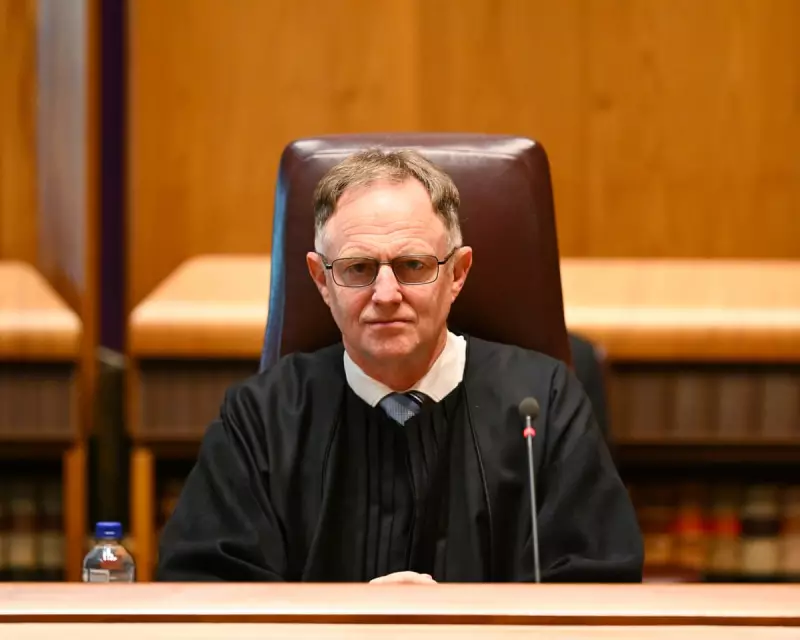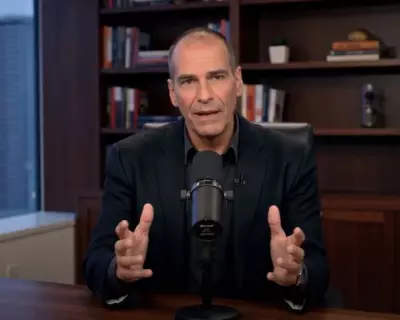
Australia's most senior judge has declared that the nation's court system has reached an 'unsustainable phase' in its use of artificial intelligence, compelling judges to serve as 'human filters' for machine-generated legal arguments.
The AI Challenge in Courtrooms
High Court Chief Justice Stephen Gageler delivered his stark warning during his address to the Australian Legal Convention in Canberra on Friday. He revealed that both self-represented litigants and qualified legal professionals are increasingly submitting AI-enhanced arguments, evidence preparations, and legal submissions that require judicial scrutiny.
Gageler emphasised there is mounting evidence suggesting the current situation cannot continue without addressing fundamental questions about AI's role in legal proceedings. He stated that judges and magistrates across Australia are now forced to act as both human filters and adjudicators for competing machine-generated content.
Balancing Risks and Rewards
Despite these challenges, the chief justice acknowledged AI's potential benefits for the legal system. He described how the technology could help deliver civil justice that 'aspires to be just, quick and cheap' - core principles of an effective legal system.
However, Gageler raised profound concerns about the technology's rapid development, warning that 'the pace of development of AI is outstripping human capacity to assess and perhaps even to comprehend its potential risks and rewards.'
The most senior judge on the seven-member High Court even contemplated AI's potential future role in decision-making within courts and tribunals, suggesting this requires careful assessment of the value of human judgment in legal processes.
Real-World Consequences and Systemic Pressures
The address highlighted concrete examples of AI-related issues already affecting Australian courts. In September, a Victorian lawyer became the first legal professional in Australia to face sanctions for submitting AI-generated false citations in a case, resulting in the loss of his ability to practise as a principal lawyer.
Gageler also used his platform to address broader concerns within the judicial system, urging judges and magistrates to prioritise their wellbeing amid unrelenting work pressures and constant public scrutiny.
He revealed that many judicial officers have experienced vicarious trauma from handling cases involving family or sexual violence, while others have faced physical threats. 'All are entitled to a safe system of work,' he asserted.
The chief justice further warned that the justice system is failing victims of sexual violence, citing an Australian Law Reform Commission report showing one in five women and one in sixteen men over 15 have experienced sexual violence.
Gageler, who was appointed in 2023 and can serve until July 2028, called for system-wide improvements in handling family and sexual violence cases, stating 'It is incumbent on us all to be aware of the problem and to be part of the solution.'





